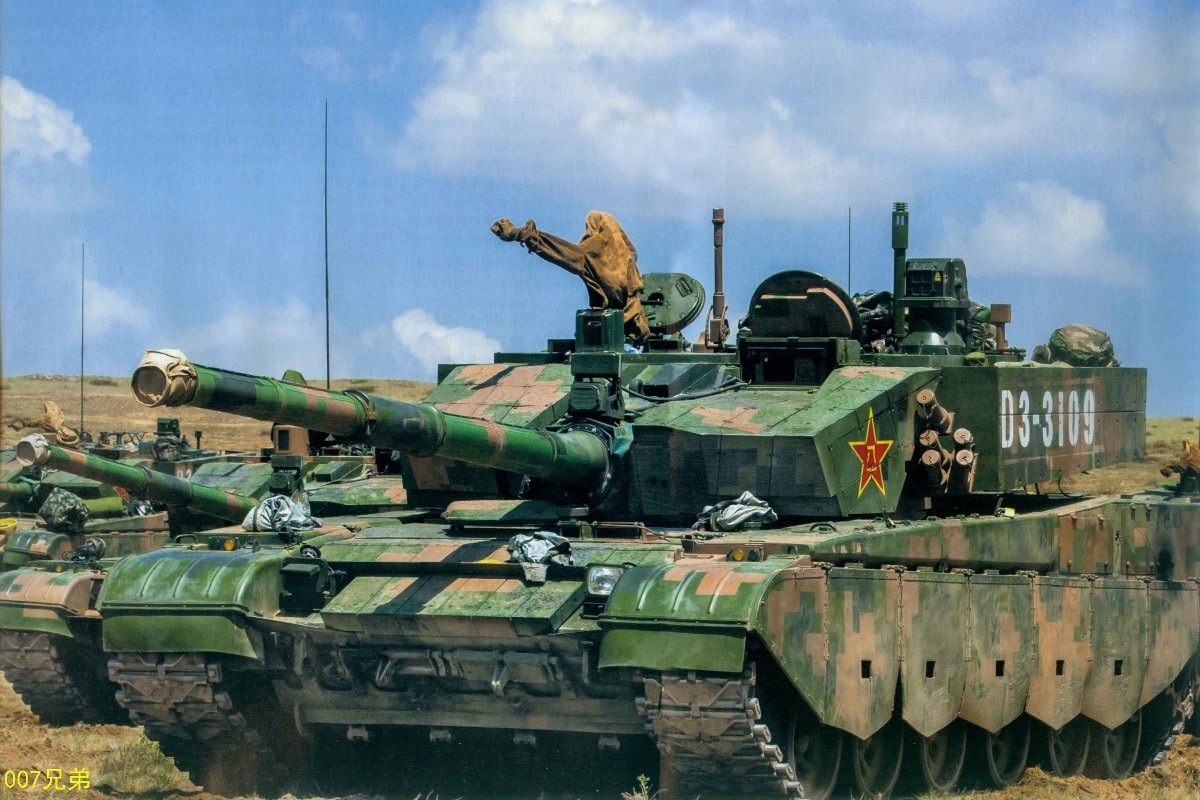Christopher Woody

The Taliban’s rapid return to power in Afghanistan has drawn more criticism for the US withdrawal, including that the US is ceding strategically valuable ground to China.
That warning has come from current and former US officials and other observers, but experts told Insider that the US exit likely presents China with new concerns about its neighbor and costs the US little in terms of strategic positioning.
In a mid-June interview, Gen Frank McKenzie, who oversees US military operations in the Middle East, said he suspected China would pursue economic interests in Afghanistan after the US departure.
“I think they would like to get in for the mass mineral deposits that exist on the ground in Afghanistan and in other places,” McKenzie told Military Times.
Later that month, Rep. Mike Waltz, a Republican and former Green Beret, suggested that Afghanistan’s Bagram airbase could be useful for operations against China — specifically against ICBM facilities in western China.
“If you are ever asked to undertake any type of unconventional warfare activities against the Chinese Communist Party, it’s notable that most of their new nuclear capabilities coming online are in western China, 400 miles from Bagram,” Waltz said to Gen. Richard Clarke, the head of US Special Operations Command, during a hearing.
Experts outside government have argued the withdrawal reduces the US’s ability to deter China and will create problems that will undermine the benefits of withdrawing.
“It doesn’t help us, I don’t think, reputationally in connection with the competition with China, and it doesn’t help us geostrategically, either,” H.R. McMaster, a retired general and former national security adviser to President Donald Trump, said this week.
Chinese officials and state-linked media have gloated about the disarray of the withdrawal, using it to tout a narrative of US decline, promote China as a global power, and threaten Taiwan.
“Wherever the US sets foot, be it Iraq, Syria, or Afghanistan, we see turbulence, division, broken families, deaths and other scars in the mess it has left,” a Chinese Foreign Ministry spokesperson said Tuesday.
Pyrrhic victory
Despite its rhetoric, Beijing has plenty worry about.
China’s interests in Afghanistan “are dominated by security considerations” in the near- to medium-term, Daniel Markey, a professor in international relations at Johns Hopkins University, told Insider in July.
No comments:
Post a Comment